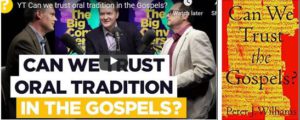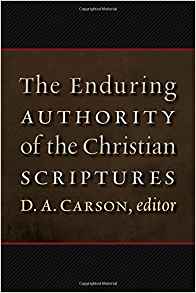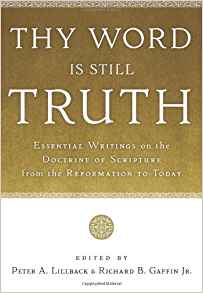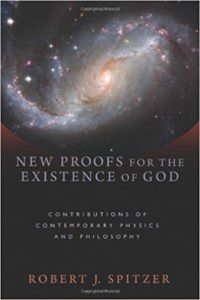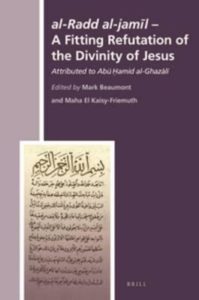
[This summary of Al-Ghazali’s, A Fitting Refutation of the Divinity of Jesus (Al-Radd al-Jamil) marks the beginning of a series of responses to Muslim polemics against Christianity written by classical Muslim philosophers like Al-Ghazali, Ibn Tamiyya, and Abu Isa al-Warraq]
Historically, the Islamic view of the Bible has been one of ambivalence. On the hand the Quran affirms that the Torah is a word of God and that the Zabur (Psalms) was given to David. While the Quran is silent about the four gospels, it assumes that there is one Injil that was given through Jesus, “He will teach him the Scripture and wisdom, the Torah and the Gospel.” (Surah 3:48). On the other hand, the Quran accuses Christians and Jews of being guilty of having distorted and altered Scriptures (tahrif).
Some Jews distort the meaning of [revealed] words: they say, ‘We hear and disobey,’ and ‘Listen,’ [adding the insult] ‘May you not hear,’ and ‘Ra ina [Look at us],’twisting it abusively with their tongues so as to disparage religion. If they had said, ‘We hear and obey,’ ‘Listen,’ and ‘Unzurna [Look at us],’ that would have been better and more proper for them. (Surah 4:46. Abdel Haleem translation). Continue reading “A Fitting Refutation of the Divinity of Jesus (Al-Radd al-Jamil) by Al-Ghazali. Part 1”



